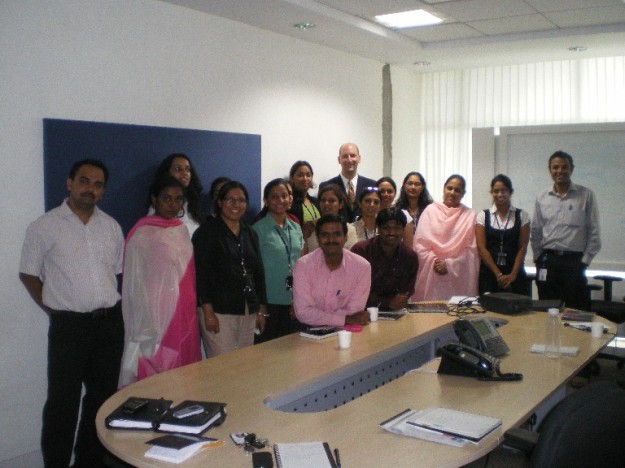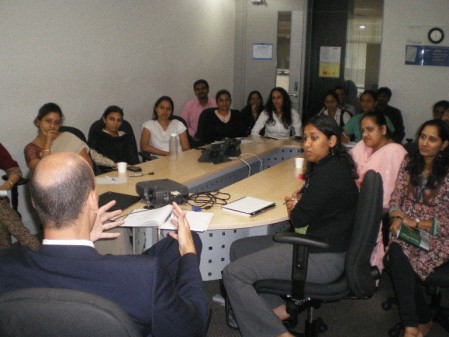Last week I had the privilege of joining with 500 other top leaders from around the globe to spend two full days thinking about the future of leadership. The THINK Forum event was run by IBM as part of our Centennial Year and brought together leaders from government, business, academia and science to discuss and debate how leadership will be different in the years ahead. As you can imagine, it was a fascinating discussion! Imagine hearing about the future of leadership from everyone ranging from Jamie Dimon, CEO of JPMC, the King of Jordan King Abdullah Al Hussein, the President of the Philippines Benigno Aquino III, Peter Voser, CEO of Royal Dutch Shell, Joichi Ito the Director of the MIT Media Lab, to Rijan Mittal Vice Chairmam of Bharti Enterprises.
In reflecting on all of their comments and the discussion themes that emerged – I think there were three key themes that I found particularly interesting that came out across all the speaker and panelists.
1) Leadership requires instilling a deep & distinct set of purpose and clarity of objectives. This is more important than ever with next generation of leaders and employee who want to align their efforts to a higher purpose. Those leaders who can align communicate with extreme clarity about the objectives, and link those objectives to a greater, meaningful mission for the company and it’s stakeholders will be best able to drive higher levels of motivation and performance.
2) Optimism is the greatest act of rebellion. More so that ever today given the gloom and doom that has is prevailing across countries, markets and institutions, those leaders who reject the status quo, and reject the difficulty of the situation by providing an optimistic path forward will be the most successful. Our teammates, colleagues, employees and partners naturally gravitate to the leaders who provide an optimistic path forward out of the doom and gloom. Many of the speakers point to cases in business, politics, science, and other industries where breakthroughs were achieved. One of the speakers used this “Optimism is the greatest act of rebellion” phrase – but I cannot remember who – so forgive me for not attributing it properly!
3) Authoritarian models of leadership are a thing of the past. Tomorrow’s leaders have to be more collaborative and be the very best be at influencing others to drive action and consensus. This requires deep, fundamental listening to stakeholders and constituents, the ability to find common ground to move solutions forward, and the servant leadership model that asserts leaders are simply stewards of resources and have a profound responsibility to stakeholders to achieve the right outcomes with humility and respect.
It was a real privilege to be at such a gathering of leaders. You can see many of their comments in video format at this site – be sure to check it out

